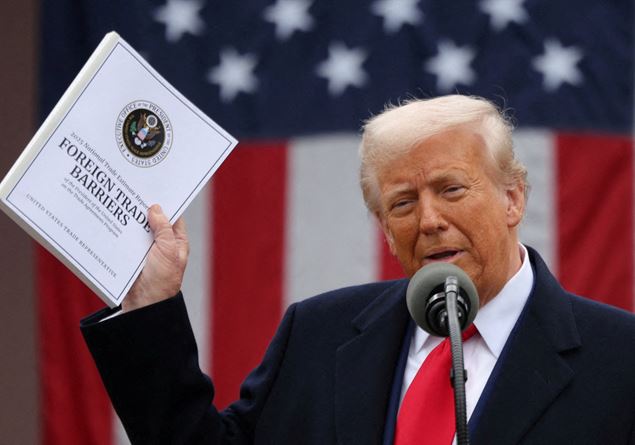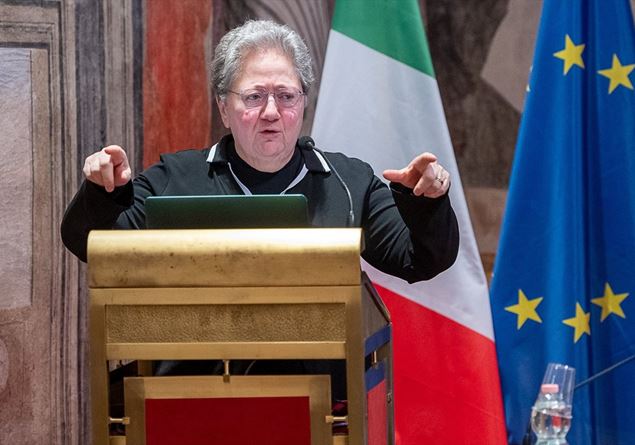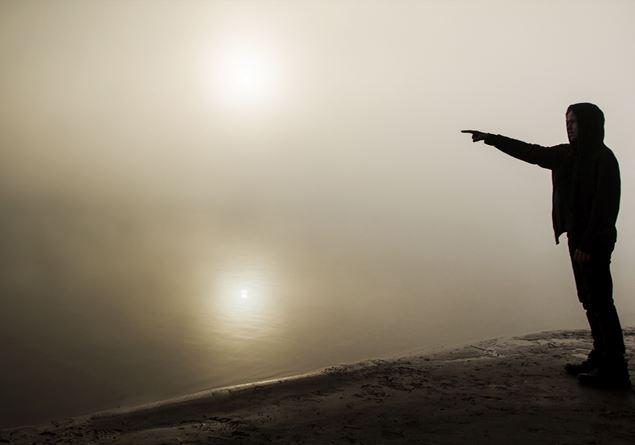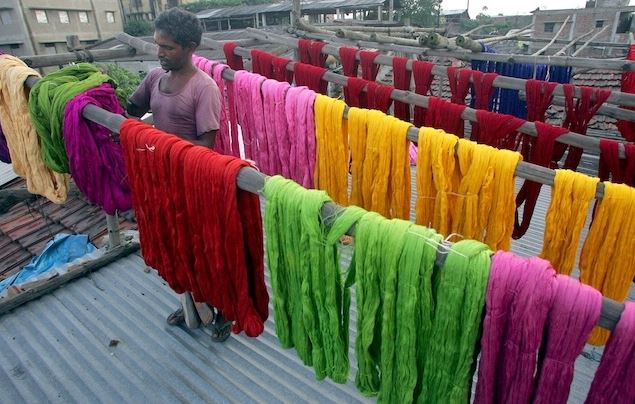by Eleonora Bufoli
A precious treasure, protected by delicate clay vases. The Catholic equal school has crossed decades, different educational challenges up to the complex society in which we live. Linked by double wire to Italian history and the changes experienced by the company, Fidae, the federation of primary and secondary Catholic schools has come to cross the 80 -year finish. For the occasion, he meets in Rome for two days with the elective assembly and meetings to deepen the educational challenges, in the year in which he turns 60 the Conciliare Document Gravissimum Educationis (was promulgated by Pope Paul VI on October 28, 1965) and 25 years of law 62/2000 on school equality. Between the waves of still unknown challenges, a route is traced by the National President of Fidae Virginia Kaladich.
The Federation has an 80 -year -old story behind him, what has distinguished him in this long journey?
Fidae was the first association wanted by the Vatican and the Episcopal Conference to accompany Catholic schools, a heritage that goes far over 80 years, with the presence of secular Catholic schools. The importance of accompanying them and supporting them for a training and understanding path of what school legislation was recognized. I like to remember what Father Antonio Perrone, in 1998, when they were working on the law on equality, claimed: ‘School equality is not only a matter of faith but of citizenship and Catholic schools were born with the mission to serve the weak bundles of society. However, this mission risks being compromised without adequate financial support from the state. The Catholic School has the right to be equal since it provides an education without discrimination as sanctioned by the Italian Constitution ‘.
A law has been passed on school equality that turns 25 this year.
It is not to be celebrated this quarter of a century but to understand, to be reflected on these 25 years of history of a law that was to be made but is still unfinished. Unfortunately, today we must say that a parity has not yet been achieved.
Why do you think?
Because for full recognition it is necessary to guarantee the right to educational freedom. Ours is not a school for rich, it was born as a school for everyone and this constant commitment by the institutions is fundamental. Today, in order to attend our schools, you need to pay a straight line since the contributions that the state recognizes to the equal school do not allow to guarantee the right salary to those who work and pay the ever higher users. Yet the law of 2000 has sanctioned that education in Italy is 360 degrees, an integrated public system made of state school and non -state school, but unfortunately unfortunately it is not yet equal because there is no freedom to choose this type of school from families. Without the possibility of choice remains only one school and it is not fair, Italy cannot bear this.
Do you have a rich heritage, made according to the data relating to the school year 2023-2024 of 815 institutes (1521 primary, 9249 classes, 183985 pupils, especially of the primary) and 1521 schools, what is their health?
Today many schools are in difficulty. We still have post -pandemic problems of an economic nature for families. In addition, the employment contract and utilities have increased and this has highly affected. We cannot raise the fees, our families already pay a tax for education and must also pay the contribution to attend a school they choose for sharing ideals but are penalized. We cannot in Italy not to shout in the loud voice that freedom of choice is a right.
Is this freedom guaranteed more in other countries?
Yes, we are the tail light, after us there is only Greece. In Europe these things are not seen. I was a few months ago in Krakow and outside the institutes is written ‘Catholic public school’. It means that the state recognizes all the expenses and also its identity of the Catholic school. I was in France, in Hungary, Malta and this is the case. It must be a freedom of choice, not for schools but for Italian families who must be able to choose freely, as happens in many European states.
Proposals are coming from the government to alleviate the economic load such as that by the Minister of Education Giuseppe Valditara to exempt the equals without commercial purposes from the payment of the IMU. Would you help you?
We appease this intervention since our schools are still in a limbo situation in understanding whether or not the tax to be paid arrives. This intervention would give greater relief, we can no longer go on. We also applauded the 50 million allocated by the last financial financial for disability, which in 2026 will become 60 million. We are happy because our schools in this period are chosen by many families who have children with fragility situations.
At the end of March, the Council of Ministers approved the PNRR decree-law with measures also to combat diplomics. Are they a problem?
All measures can help, we hope that they are applied and that it is a real fight against diplomics, because unfortunately many are recognized as equal schools. We ask that now we go all the way because, if we still talk about the fight against diplomifics, it means that, despite the various interventions, they still exist. Perhaps it takes a more widespread action and having clear rules to recognize real equal schools, perhaps notice before granting equality if there are useful elements to give this recognition.
What is the wish you do for your anniversary?
We hope that one day in Italy the day of educational freedom that is still missing today can be celebrated.










